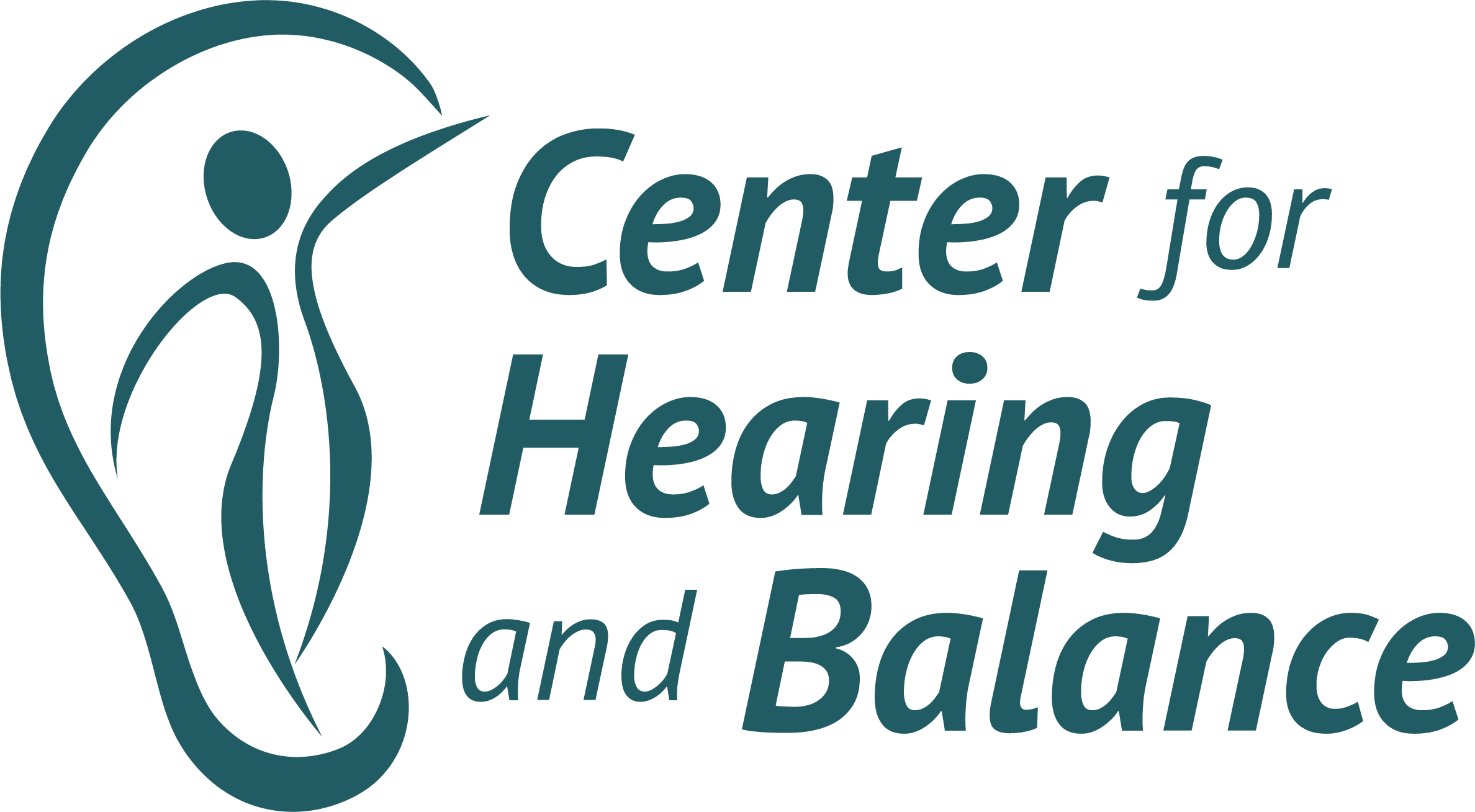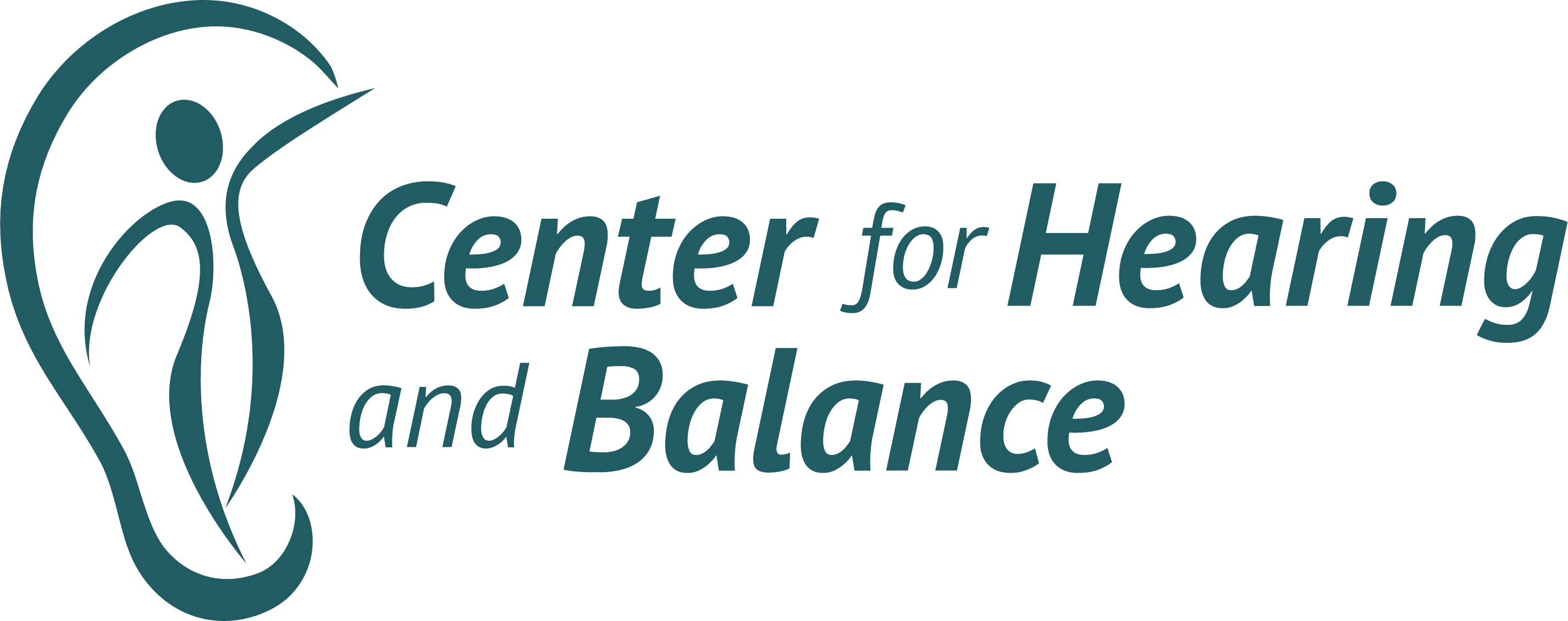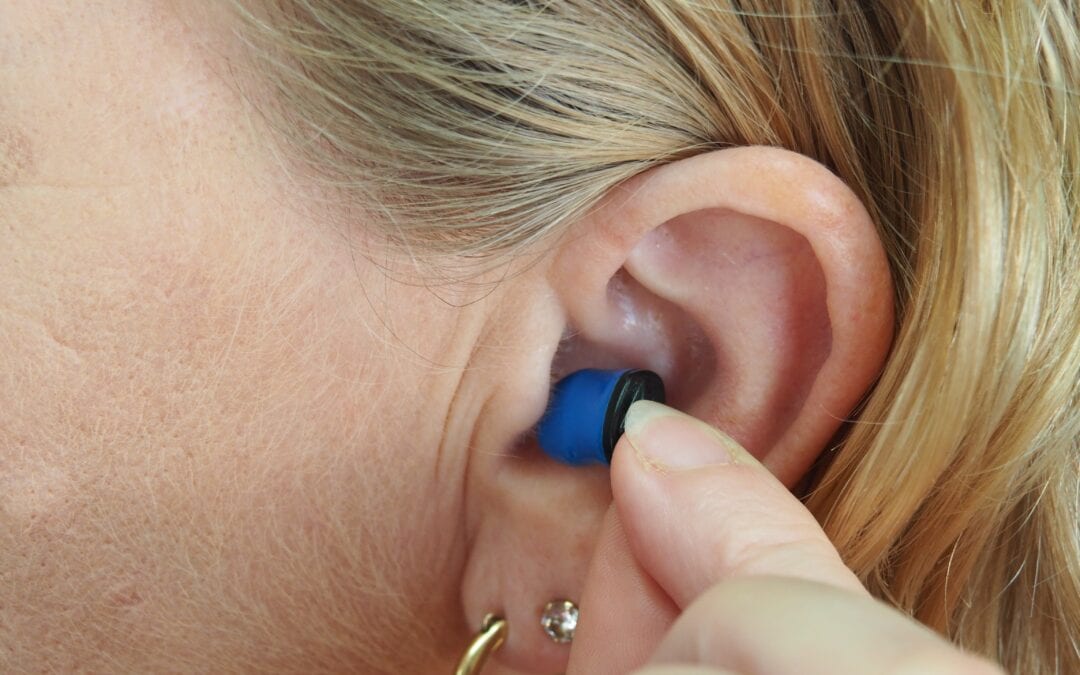May is Better Hearing Month and the Center for Hearing team has a couple of helpful tips to help you keep your hearing health at its best. Just like any other aspect of your overall health, auditory health plays a critical role in your wellbeing. Many factors can impact the day-to-day tasks that stem from untreated hearing loss and we’re here to help you stay hearing your best!
- Noise-Induced Hearing Loss is 100% Preventable
One of the best ways you can care for your auditory health is being mindful of noise levels in day-to-day activities. From walking near a busy road to using headphones on personal devices, consistent exposure to sounds over 80 dB can result in hearing loss. By avoiding these environments or using proper ear equipment in noisy spaces you can help preserve your hearing. So how loud is too loud? As a good rule of thumb, if other people can hear what you’re listening to through headphones, it’s too loud!
- Routine Hearing Tests Should Be a Part of Your Annual Check-Ups
Just like annual dental, eye, and general health wellness exams, hearing tests and visits positively impact your holistic health. At Center for Hearing, our team is composed of Doctors of Audiology. This means that for each appointment you have at our medical office, you’re getting sound advice from an experienced professional. Getting your hearing tests done with us can also benefit you financially! Since we are registered Doctors of Audiology, many insurance companies cover a hearing exam as a medical visit.
- Small Changes Make Big Differences
We understand that making adjustments to the way you currently do your everyday activities can take some getting used to, but here are many small changes that can have a huge lasting impact. Below are a couple of things you can put in place that’ll ultimately help protect your hearing:
- Set a noise limit on your phone through the settings that prevent your headphones from playing sounds above a recommended level.
- Wear hearing equipment while doing yard work such as mowing, weed whacking, pressure washing, and while using other loud equipment.
- Assess your exposure to noise at work. Are you working in an industrial, manufacturing, or construction-type setting? Talk to your employer to ensure you’re wearing the proper hearing equipment to protect yourself from long-term noise-induced hearing loss.


